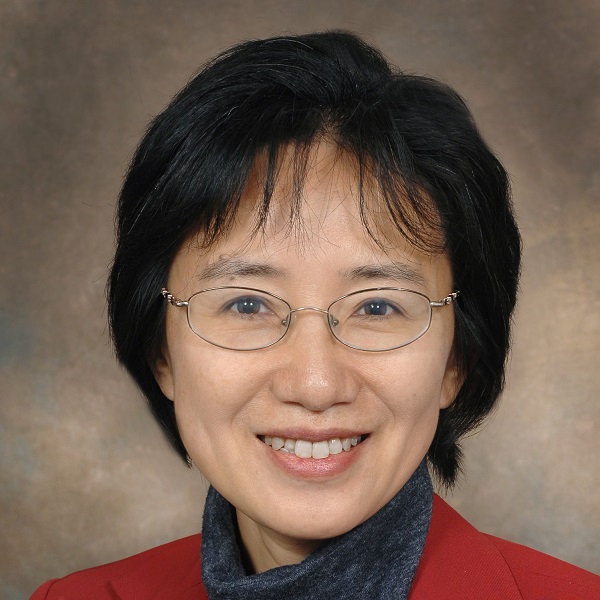Epidemiology Professor Gets Funding From the California Tobacco Research Foundation

Dr. Wu is interested in health disparities related to smoking and whether smokers are more susceptible to an acid-producing diet. She has found that among breast cancer survivors, people who were past smokers, especially those who had high past smoking intensity, were less capable of adapting to an acid-producing diet and had two times the risk of mortality when they consumed a high acid-producing diet compared to breast cancer survivors who were never smokers who consumed the same amount of acid-producing diet. There is a significant disparity across smoking status because smoking causes lifelong damage. Even when people stop smoking, their organs are still damaged from past exposure.
Dr. Wu was awarded a research grant from the Tobacco-Related Disease Research Program for her research on cancer survivors’ prolonged health issues related to their smoking habits. The study looks at cancer survivors’ age-related outcomes and mortality and whether these disease outcomes can be predicted by smoking and aging-related biomarkers due to dietary risk factors. This funding has allowed several students to join the project. The research team has published several papers on diet-related- aging outcomes by smoking status and plans to publish several papers in the next few years.
Dr. Wu’s research emphasizes individualized nutrition and precision medicine in the cancer survivor community; there is no “one size fits all.” In the past, population researchers often tried to give general guidelines. It would be great if one recommendation worked for a whole population, but we often find that every individual is different. Medical recommendations need to account for these differences.

